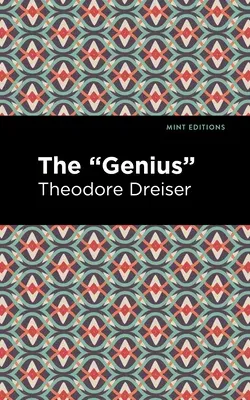Theodore Dreiser
(Author)The GeniusPaperback, 21 May 2021

Qty
1
Turbo
Ships in 2 - 3 days
In Stock
Free Delivery
Cash on Delivery
15 Days
Free Returns
Secure Checkout
Part of Series
Mint Editions (in Their Own Words: Biographical and Autobiographical Narratives)
Part of Series
Mint Editions
Part of Series
Mint Editions--In Their Own Words: Biographical and Autobiographical Narratives
Print Length
740 pages
Language
English
Publisher
Mint Editions
Date Published
21 May 2021
ISBN-10
1513282379
ISBN-13
9781513282374
Description
Product Details
Author:
Book Format:
Paperback
Country of Origin:
US
Date Published:
21 May 2021
Dimensions:
20.32 x
12.7 x
3.76 cm
Genre:
20th Century
ISBN-10:
1513282379
ISBN-13:
9781513282374
Language:
English
Location:
Berkeley
Pages:
740
Publisher:
Series:
Weight:
721.21 gm

